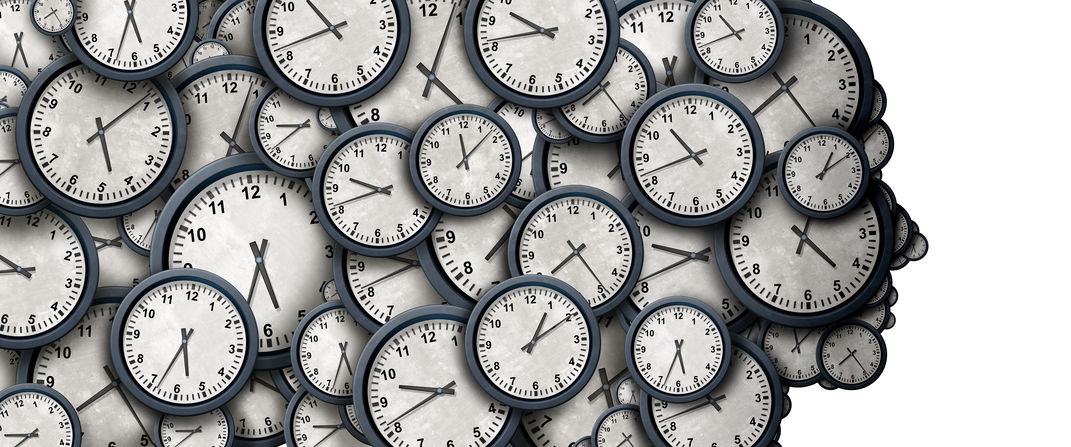HELPING CLIENTS MAKE THE MOST OF COUPLE TIME
Like a business or a garden or a vintage car, relationships need constant maintenance; frequent and consistent attending to. If your clients are not attending to their relationship by investing time and effort in it, they can’t expect it to work well.
Even if your clients are on board with this idea that it’s important to schedule couple time into their busy lives. That still leaves the issue of HOW they use the time. We often find that couples make an appointment but don’t talk about what the time is FOR. This means that they each arrive at the appointment with very different expectations of what’s going to happen.
To help them plan their couple time, tt can be useful to think about three key categories of communication that couples need to put time into:
1. PRAGMATICS AND LOGISTICS
Coordinating the functioning of the household and family. Dividing up the tasks that need to be done and making sure you both know who is doing what and when.
2. CLOSENESS
Taking the time to enjoy being in a relationship – relaxing together, doing mutually enjoyable activities, focusing on the positives. Close time usually means avoiding difficult topics and conflicts, keeping things reasonably superficial and comfortable. Time spent like this is the pay-off or reward for doing all the work involved in being in a long-term, intimate relationship. This is usually what people have in mind when they suggest a “date night”.
3.INTIMACY
Having the vulnerable and often difficult conversations and interactions that allow you to connect on a deep level. Intimate time needs to include dealing with differences (i.e. healthy conflict) as well as talking about aspirations, hopes and dreams, fears, doubts and insecurities. Not always comfortable, but when done productively makes closeness feel easy and real (when intimacy is avoided, our closeness ends up feeling forced and fragile). Tolerating intimacy of this kind requires people have started moving out of the “symbiosis” (or bonding) stage of relationship and are beginning to engage productively around differences (i.e. “differentiating”)
(Please note we don’t use “intimacy” as a euphemism for sex. For most people, their sexual relationship moves between 1, 2 & 3 at different times, so talking about making time for sex is a different, but also important, conversation)
SO by all means encourage your couples to plan some couple time – but make sure that they are A) covering all bases of what your relationship needs and B) that they are on the same page about what category any given appointment is for.

